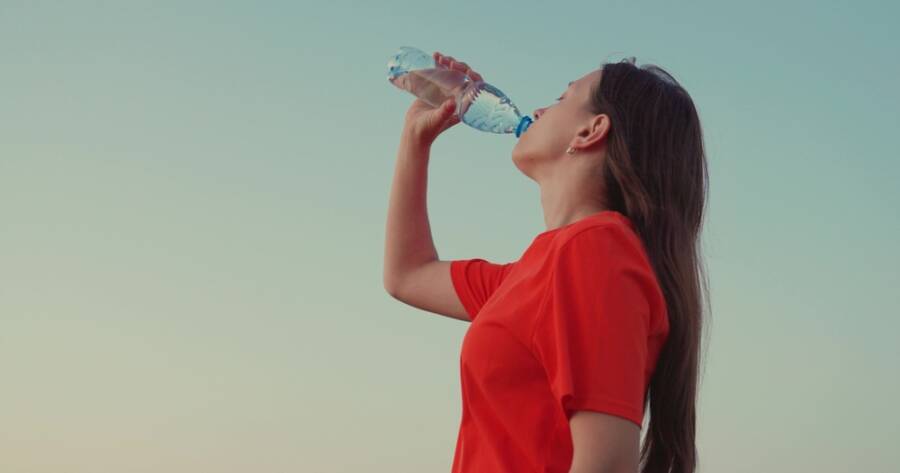Crystal-clear springs, sleek branding, and promises of purity — bottled water seems simple. Yet behind each label lies a complex mix of sources, treatments, and hidden additives. From trace minerals to microplastics, what you sip may surprise you. Understanding what’s really inside can change the way you view that seemingly innocent bottle in your hand.
Bottled Water Labels: What Do They Really Mean?
Bottled water labels can be confusing, often filled with terms like “spring water,” “purified,” or “mineral water” that may not mean what you think. “Spring water” must come from a natural spring, but it isn’t necessarily free from contaminants. “Purified water” is treated to remove impurities, yet the quality of the filtration process can vary greatly between brands. “Mineral water” contains minerals like calcium and magnesium, but not all of these minerals are beneficial in large amounts.
It’s essential to read beyond the marketing jargon and understand what each label means for your health. Checking for certifications, like those from the International Bottled Water Association (IBWA) or NSF International, can also help you choose a product that meets high safety and quality standards. Knowing the differences can empower you to make an informed choice when selecting bottled water.
Hidden Contaminants: What Could Be Lurking in Your Bottled Water?
Despite its reputation for purity, bottled water isn’t always free of contaminants. Studies have found traces of harmful substances like microplastics, heavy metals, and PFAS chemicals in some bottled water brands. Microplastics, tiny plastic particles that can come from the breakdown of plastic bottles, have been found in many popular bottled water brands. These particles may pose unknown health risks, particularly with long-term exposure.
Heavy metals like lead and arsenic can also contaminate bottled water, especially if the source water is not adequately treated or comes from a contaminated area. PFAS, sometimes called “forever chemicals,” can be present due to industrial pollution and are known to accumulate in the body over time, potentially causing health issues. Understanding these risks is essential to make safer choices and protect your health when selecting bottled water.
Comparing Bottled Water and Tap Water: Which is Safer?
The debate between bottled water and tap water safety is ongoing, with both having their pros and cons.4 Tap water in many developed countries is rigorously tested and regulated by government agencies, such as the Environmental Protection Agency (EPA) in the U.S., to meet safety standards. However, aging infrastructure and occasional contamination issues can pose risks.
Bottled water, especially from brands with certifications, often undergoes rigorous testing and strict regulations to ensure safety and quality. However, despite this oversight, concerns remain regarding the presence of microplastics, which can contaminate bottled water during production or from the plastic packaging itself.
When choosing between bottled and tap water, it’s important to consider both safety and environmental impact. Bottled water contributes significantly to plastic waste and pollution, making it less eco-friendly. Understanding these factors can help you make an informed decision that balances health considerations with environmental responsibility.
Choosing the Right Bottled Water: Tips for Making an Informed Decision
When choosing bottled water, it’s essential to consider more than just the price or the brand name. Start by looking at the label for details on the source and type of water, such as spring, purified, or mineral water. Check for certifications from reputable organizations that ensure the water has been tested for quality and safety.
Avoid bottled water stored in plastic containers exposed to heat, as this may increase the leaching of harmful chemicals. Consider brands that use BPA-free or glass containers to reduce exposure to plastic-related contaminants. Additionally, be mindful of environmental impact; opt for brands that prioritize sustainable practices, such as using recycled materials and reducing plastic waste. By taking these steps, you can make a more informed decision about the bottled water you choose to consume.
Why You Should Learn More About Bottled Water
Understanding what’s really in your bottled water is crucial for making informed choices about what you consume. While bottled water is convenient, it may contain hidden contaminants and misleading labels that can impact your health.
Learning more about the different types of bottled water and their potential risks helps you choose safer, high-quality options. Stay informed and proactive about your choices to ensure you’re drinking the purest water possible.

